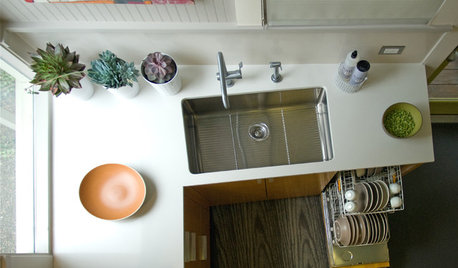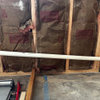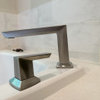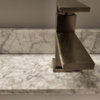Septic with a garburator
panzer1
11 years ago
Related Stories

HOUSEKEEPINGHow to Fix a Stinky Garbage Disposal
No plumber’s fee or even a trip to the hardware store is required with these easy solutions
Full Story
HOUSEKEEPINGTackle Big Messes Better With a Sparkling-Clean Dishwasher
You might think it’s self-cleaning, but your dishwasher needs regular upkeep to keep it working hard for you
Full StorySponsored
Columbus Area's Luxury Design Build Firm | 17x Best of Houzz Winner!
More Discussions









bus_driver
User
Related Professionals
Fullerton Kitchen & Bathroom Remodelers · Hopewell Kitchen & Bathroom Remodelers · 93927 Kitchen & Bathroom Remodelers · Beaverton Kitchen & Bathroom Remodelers · Bremerton Kitchen & Bathroom Remodelers · Elk Grove Kitchen & Bathroom Remodelers · Honolulu Kitchen & Bathroom Remodelers · Lomita Kitchen & Bathroom Remodelers · Manassas Kitchen & Bathroom Remodelers · Red Bank Kitchen & Bathroom Remodelers · Walnut Creek Kitchen & Bathroom Remodelers · Weymouth Kitchen & Bathroom Remodelers · Princeton Kitchen & Bathroom Remodelers · Shaker Heights Kitchen & Bathroom Remodelers · Sharonville Kitchen & Bathroom RemodelersElmer J Fudd
bus_driver
bus_driver
Elmer J Fudd
brickeyee
piedmontnc
Elmer J Fudd
piedmontnc
brickeyee
Elmer J Fudd